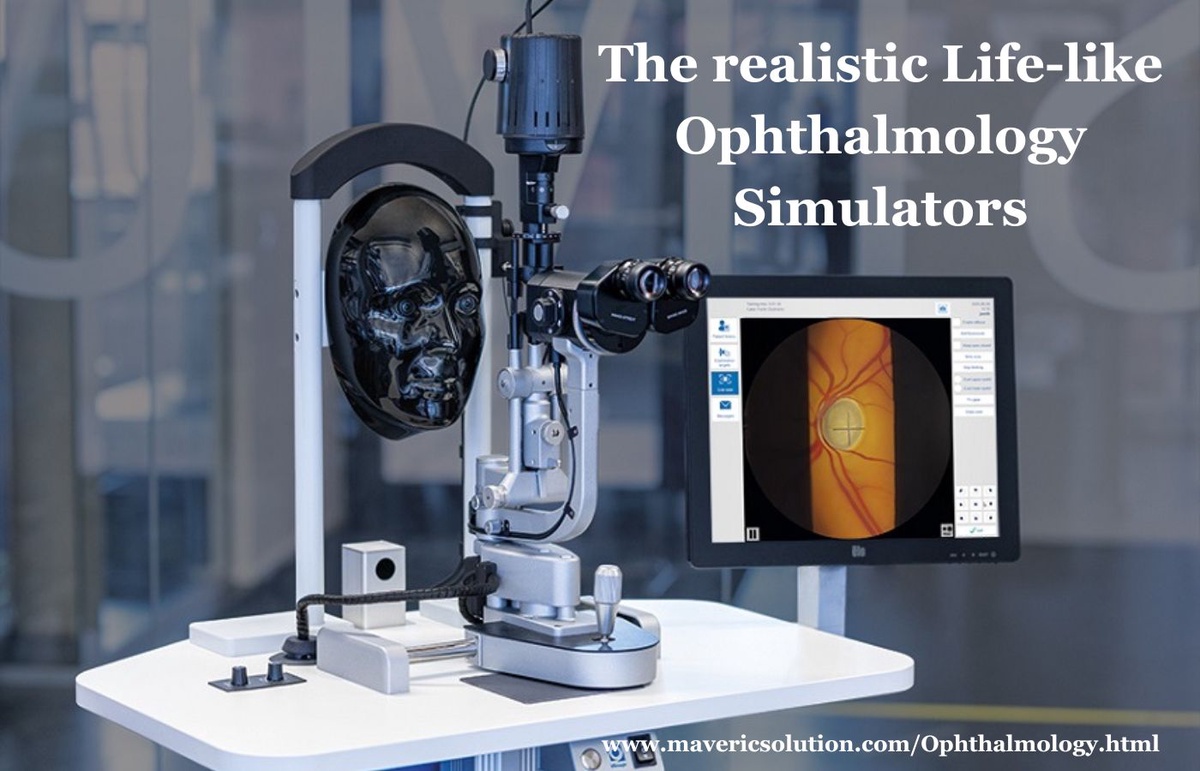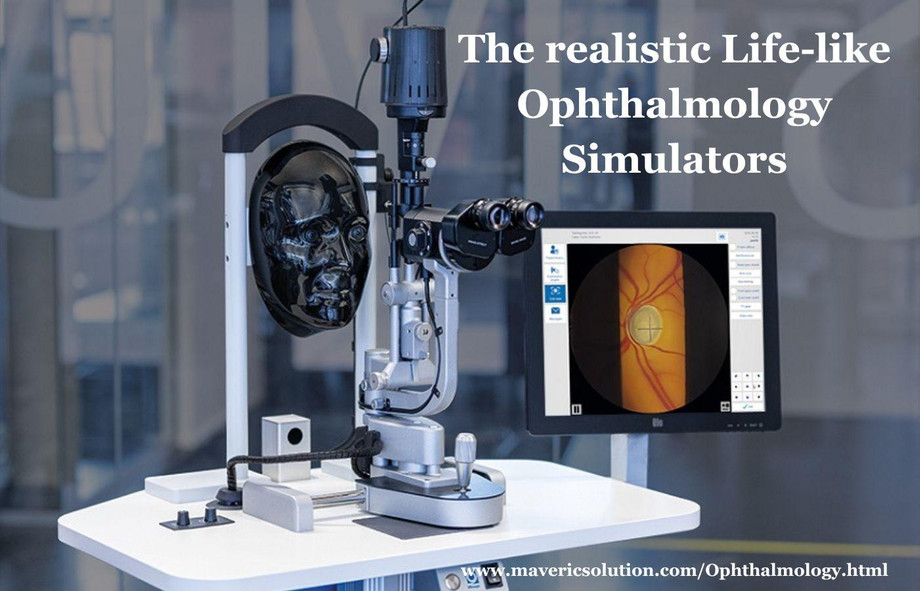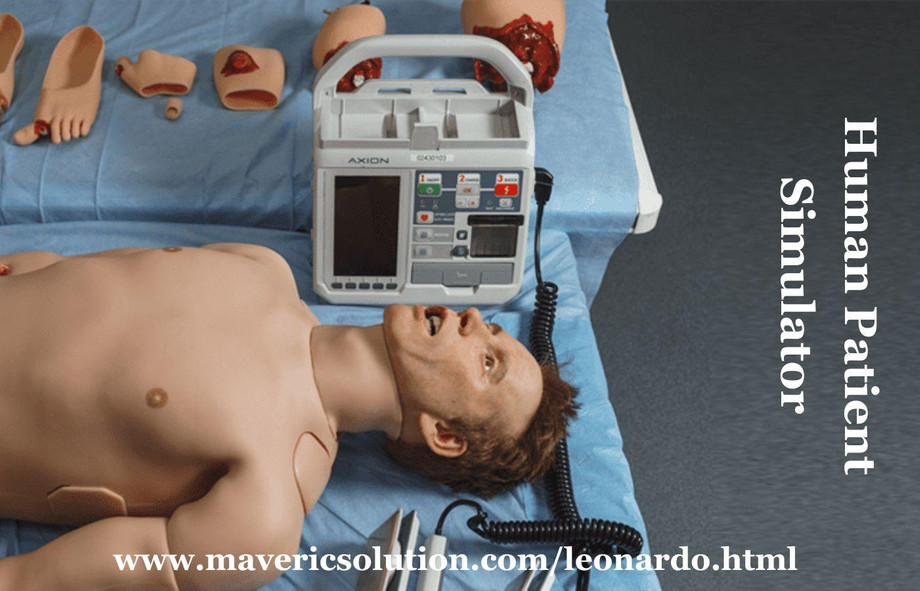In the pulsating heart of modern medical education lies a realm where learning meets innovation, where simulations breathe life into textbooks, and where tomorrow’s healers hone their skills today. Step into this dynamic world where the convergence of technology and healthcare revolutionizes the training landscape. Welcome to the realm of Human Patient Simulators (HPS) and Ophthalmology Simulators, where the future of medical education unfolds before your eyes.
Imagine a classroom where students don’t just memorize symptoms from dusty tomes but instead stand face-to-face with realistic patient scenarios. Enter the Human Patient Simulator – a marvel of technology that bridges the gap between theory and practice. With its uncanny ability to mimic human physiology, the HPS plunges learners into immersive medical scenarios, where every decision bears consequences, and every action echoes with learning.
From palpating pulses to deciphering ECG readings, students navigate the complexities of patient care in a risk-free environment. With each simulation, confidence blossoms, transforming novices into seasoned professionals. But the magic doesn’t stop there. Introducing the Ophthalmology Simulator, a visionary tool that transports learners into the intricate world of eye care.
Gone are the days of squinting through microscopes or relying solely on cadaveric specimens. The Ophthalmology Simulator offers a window into the eye like never before. Students peer through high-definition displays, examining virtual retinas with pinpoint precision. From diagnosing glaucoma to mastering delicate surgical techniques, the simulator empowers learners to explore the nuances of ocular medicine with unparalleled realism.
But what sets these simulators apart isn’t just their cutting-edge technology – it’s the transformative impact they have on medical education. In a field where mistakes can have dire consequences, simulation offers a safe space to stumble, learn, and grow. With each session, students develop not only clinical skills but also critical thinking, teamwork, and communication – essential pillars of effective patient care.
Picture a bustling classroom where teams of students collaborate under the watchful gaze of their virtual patients. With every interaction, they refine their bedside manner, learning to empathize with the fears and concerns of those they serve. Through simulated emergencies and routine check-ups alike, they cultivate the compassion that lies at the heart of healing.
Yet, the journey doesn’t end within the walls of the classroom. Armed with the experience gleaned from countless simulations, students venture forth into hospitals and clinics, ready to face the complexities of real-world medicine. Equipped with the confidence born of practice, they tackle challenges head-on, secure in the knowledge that they've walked this path before – albeit in the safe embrace of simulation.
As the landscape of healthcare evolves, so too must the tools we use to train the healers of tomorrow. Human Patient Simulators and Ophthalmology Simulators stand at the vanguard of this revolution, pushing the boundaries of what's possible in medical education. With their blend of realism, interactivity, and adaptability, they herald a new era where learning knows no bounds.
So, as we peer into the future of medical education, let us embrace the power of simulation to shape compassionate, competent, and confident caregivers. Together, let us embark on a vision quest where innovation meets inspiration, and the quest for knowledge knows no limits.
For more information please visit: www.mavericsolution.com




No comments yet